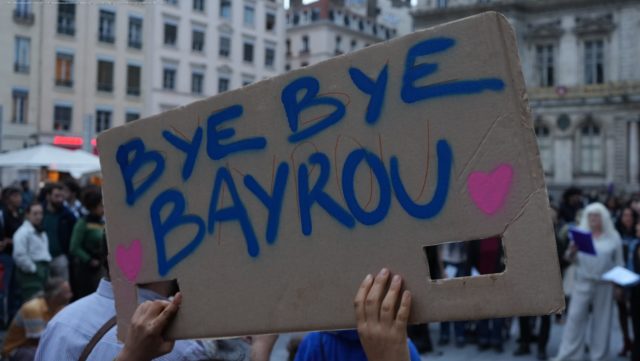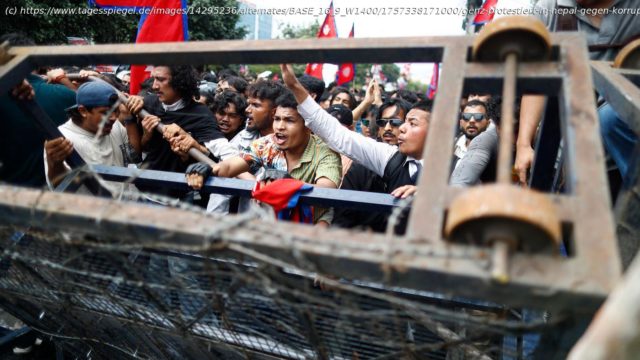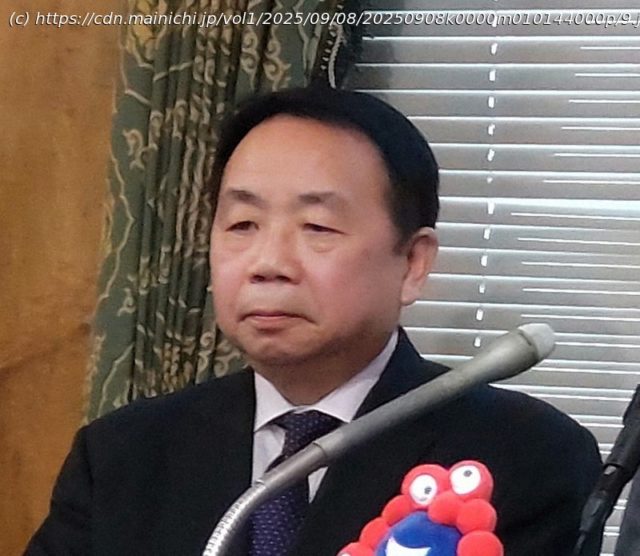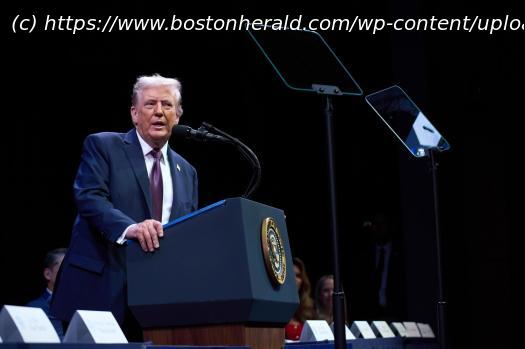SpaceX gets the 2GHz AWS-4 spectrum it wanted by purchasing it from Echostar.
After selling a huge chunk of its spectrum holdings to AT&T, ending its hope of becoming the nation’s fourth facilities-based wireless carrier, Echostar sold off some more of its remaining airwaves to SpaceX. The latter, co-founded and primarily owned by Elon Musk, had accused Echostar of hoarding some of its spectrum, as did FCC Chairman Brendan Carr. Others accused Echostar of trying to profit from spectrum speculation.
Echostar, which raked in $23 billion late last month by selling 30MHz of 3.45 GHz mid-band spectrum and 20MHz of 600 MHz low-band airwaves to AT&T, announced today that it had a deal for some additional airwaves. Elon Musk’s SpaceX, which had coveted the spectrum for its direct-to-phone satellite service, will pay $17 billion for the spectrum.
When the deal closes, Echostar will receive $8.5 billion in cash and $8.5 billion in SpaceX shares, which are not publicly traded. As part of the transaction, SpaceX will cover approximately $2 billion in interest payments that Echostar owes on its debt through late 2027.
The deal also gives subscribers to Boost Mobile, which is owned by Echostar, the ability to access SpaceX’s Starlink’s direct-to-cell service, which allows smartphone users to stay connected even in areas that don’t have a cellular signal. With the additional spectrum, SpaceX will be able to expand its cellular capabilities by « more than 100 times. » SpaceX president and COO Gwynne Shotwell says that the spectrum purchase will help SpaceX « end mobile dead zones around the world. »
The deal generated some winners and losers on Wall Street. Echostar shares soared $11.50 or 17.10% to $78.74, while T-Mobile shares were down $8.38 or 3.32% to $244.38 in afternoon trading. At the same time, AT&T declined 64 cents or 2.15% and last traded at $28.96 at 2:20 pm ET.
« With exclusive spectrum, SpaceX will develop next-generation Starlink Direct to Cell satellites, which will have a step change in performance and enable us to enhance coverage for customers wherever they are in the world. » -Gwynne Shotwell, president and COO, SpaceX
The transaction between Echostar and SpaceX shakes up the wireless industry, but not in the same way as the deal with AT&T did. With that deal, Boost Mobile lost its opportunity to replace Sprint as one of the « Big 4 » major U.S. carriers. It also forced Boost to become a hybrid MNO (Mobile Network Operator), which means that it will have to rely on AT&T’s spectrum to handle phone calls and data. It also means that the standalone 5G network that Echostar was building will not be completed.
The deal with SpaceX will help it increase its 5G footprint. Since 2020, Starlink has launched over 8,000 satellites. 600 of these have been placed in low-earth orbit since January 2024, and SpaceX calls them « cell towers in space. » The spectrum purchased by SpaceX in the AWS-4 (2 GHz) and H-block will allow Starlink to operate with the spectrum that it owns rather than having to lease the airwaves from a carrier like T-Mobile. Starlink has said that the 2GHz mid-band spectrum will deliver « a step change in performance. »
An FCC spokesman said about the transaction, « Deals that EchoStar reached with AT&T and Starlink hold the potential to supercharge competition, extend innovative new services to millions of Americans, and boost U.S. leadership in next-gen connectivity. »
It appears to me that Echostar was forced to sell its spectrum because of its financial problems and because of the FCC. While Echostar was rumored to have one foot in the Chapter 11 graveyard, it’s a shame that Boost Mobile couldn’t get more time to see whether it might have made it as one of the « Big 4 » major U.S. carriers. Even though it had been bleeding customers since Dish Network first acquired it, there were signs that Boost was turning around.
The FCC, led by Chairman Brendan Carr, also cajoled Echostar into the deal as Carr had threatened to revoke the company’s spectrum because of what he called the « warehousing » of spectrum by Echostar. If one were drawn to conspiracy theories, one might draw a direct line from Elon Musk to President Donald Trump, to Trump’s FCC Chairman appointee Carr. But that doesn’t seem to be the case here, as Echostar did sit on these spectrum licenses for too long.
I have to agree with the FCC that freeing these licenses up could help give the wireless industry a shot in the arm, since these airwaves will now be put to good use by a company as innovative as SpaceX.
Good news everyone! Over the past year we’ve been working on an exciting passion project of ours and we’re thrilled to announce it will be ready to release in just a few short months.
« Iconic Phones: Revolution at Your Fingertips » is a must-have coffee table book for every tech-head that will bring you on a journey to relive the greatest technological revolution of the 21st century. For more details, simply follow the link below!












